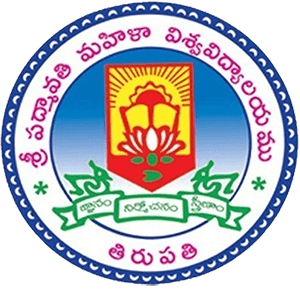Foreword
It is with great enthusiasm and scholarly pride that we present the second issue of JYANAVI JYANAVI for the year 2025. This edition showcases a diverse mix of research contributions across literature, gender studies, education, social sciences, and media studies, reflecting the dynamic academic engagement of scholars in these fields.
This issue opens with an insightful literary analysis of Himalay Dalit Hai, a poetry collection
by Mohan Mukt, exploring the nuanced themes embedded in the poet’s expression.
Following this, a study on the financial empowerment of rural women through Self-Help
Groups (SHGs) sheds light on economic inclusivity and the transformation of rural
livelihoods. Addressing pertinent social issues, this issue features research on workplace
gender discrimination and barriers to women's career advancement, offering perspectives on
policy and societal reforms.
Education and pedagogy remain central to our discourse, with an evaluation of critical
thinking skills in arithmetic learning among children with hearing impairments and an
analysis of PM-USHA’s impact on higher education institutions in India. In the realm of
linguistics and literary scholarship, a critical examination of Gurajada Appa Rao’s Minute of
Dissent highlights his contributions as a scholar and linguist.
Health and physical well-being are also examined in this issue, with studies on the effects of
yogic interventions and aerobic dance in managing obesity, as well as the impact of
plyometric training on the bio-motor abilities of women cricket players. Meanwhile, the
evolving role of media is explored through research on health information sources, social
media addiction among Tamil Nadu’s youth, and the influence of OTT web series on
students, using network analysis.
Additionally, this issue takes an artistic turn with a study on Tarangam in Kuchipudi,
celebrating its fusion of devotion, rhythm, and the iconic brass plate dancing technique.
Lastly, a compelling book review of Nexus: A Brief History of Information Networks from the Stone Age to AI provides a thought-provoking reflection on the evolution of communication
and connectivity.
We hope that the scholarship presented in this issue of JYANAVI will inspire further
discourse, critical inquiry, and academic collaboration. We extend our sincere gratitude to all
contributors, reviewers, and the editorial team for their dedication in shaping this issue. As
we continue to foster a platform for scholarly engagement, we invite readers to delve into
these diverse explorations and contribute to the ever-expanding landscape of knowledge.
Prof Neelima BN
Editor
JYANAVI: Journal of the School of Social Sciences, Humanities, and Management
Sri Padmavati Mahila Visvavidyalayam, Tirupati, Andhra Pradesh
April 2025
(Published under PMUSHA)

